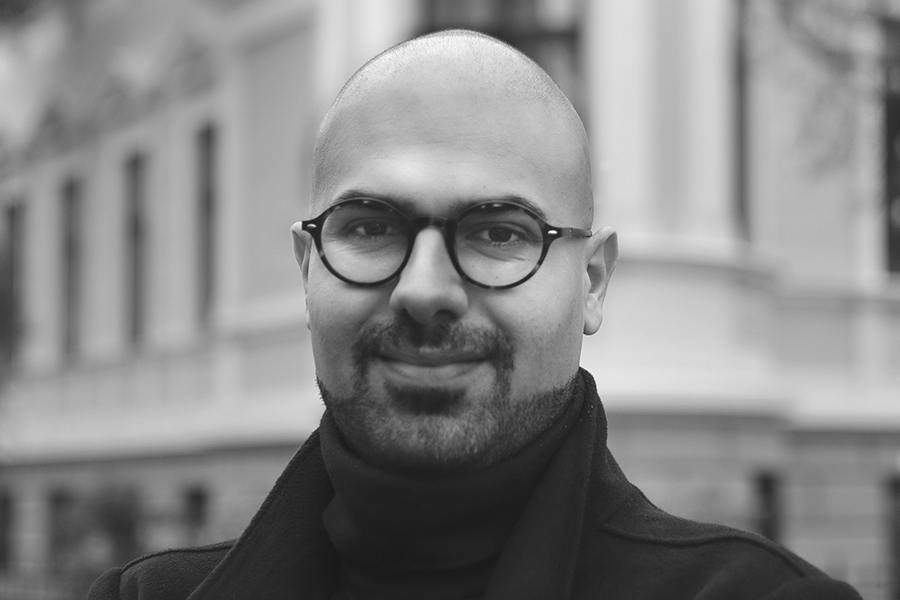Samin Aref recently joined the Department of Mechanical & Industrial Engineering (MIE) as an Assistant Professor, Teaching Stream in data science.
Aref holds a PhD in Computer Science from the University of Auckland and an MSc in Industrial Engineering from Sharif University of Technology. Prior to joining the U of T, he was a research scientist and a research area chair at the Max Planck Institute for Demographic Research, Laboratory of Digital and Computational Demography.
Can you tell us about your research?
My research falls into three broad topics: analyzing complex social and informational systems using networks and optimization models; modelling and solving planning problems in uncertain environments using mathematical programming; and studying the science of science across disciplines and geographies using large-scale digital trace data.
I like these topics because they are multidisciplinary and involve using methods from several fields, such as computer science, operations research, applied machine learning, social sciences and data science. Working across disciplines allows me to repurpose a method from one field to another which sometimes leads to unexpected results, like accidentally solving a fundamental problem.
What attracted you to MIE at U of T?
MIE is uniquely positioned in Canada and internationally and it is an immense privilege for me to be a part of it. I appreciate the opportunity to work with renowned experts conducting cutting-edge and impactful research, and to get involved with inspiring topics, such as ‘Can artificial intelligence take social and human contexts into account?’
I also get to teach the mathematics behind and the applications arising from these ideas to excellent students from diverse backgrounds. In my very first interaction with the U of T faculty and students, which was during my job interview, I immediately realized that I have found the right place.
What is the most memorable experience of your career so far?
Working with networks and optimization problems, there are situations when you have an intuitive idea but cannot express it in a suitable abstract form to make the computer use the idea. I remember struggling for days not being able to formulate something embarrassingly simple in a mathematical form. One morning, I woke up, grabbed a piece of paper and wrote an equation while I was half-asleep. Then I added the equation to my code and it worked despite how it came about. This happened after several months of hard work, without any serendipitous events, which made it even more memorable for me. This elegant equation happens to be Eq. 3.14 in my PhD thesis.
How do you like to spend your free time?
I have a few hobbies and Toronto seems to be a great place for finding new hobbies. I like listening to podcasts, cooking, swimming, cycling, playing board games and playing badminton. Having been on the move for the past couple of years, I also look forward to finding some moments of tranquility in Canada’s beautiful nature, in my free time.
Do you have any advice for students starting with us this fall?
My advice is to believe in yourself and to pursue what you are passionate about. My interactions with U of T students so far have been astounding. I knew they would be super smart and motivated. Yet they manage to astonish newcomers like me by showing remarkable capabilities and potential, which they may take for granted. The past 18 months were difficult for many of us and seeing excited and energized students back on campus really brightens up the day.




